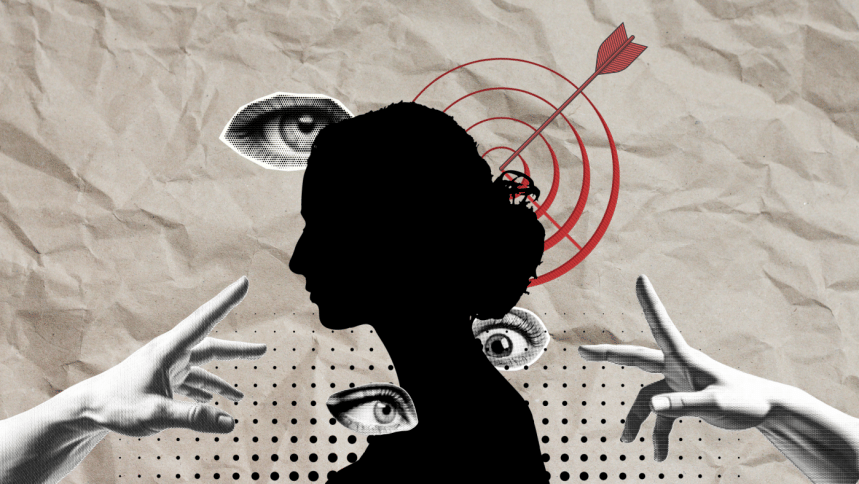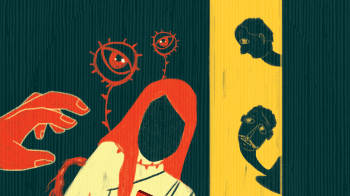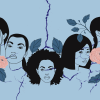Violence against women: When will the misogyny end?

Many of us are reeling from the horrors of what happened to Dr Moumita Debnath in Kolkata, India. We know that these atrocities have happened before and could very well happen in the near and far future, anywhere in the world. As I write this, I am between thoughts of shutting out the whole world and being in denial, or asking the world: when will this end? Give me a timeline, give me justice, hear us women folk because having a voice is our basic human right, along with the right to live our lives with dignity and respect as human beings.
I am not naïve enough to think that reality is not much more sinister. A few days ago, I met up with a friend who has a PhD to his name, works as a scientist in the "progressive West," and is part of what we call the "shushil shomaj." We spoke of many things, especially desher obostah and it carried much hope and good will.
However, as our conversation on our country came to an end, my friend started singing a song, the lyrics of which, to my utter horror, I cannot transcribe for this paper. But to summarise, the song is about a woman and her insatiable desires and an old man having his way with her without her consent.
Never mind that mainstream entertainment regularly objectifies women, this type of entertainment material feeds into the fact that not only should women be objectified, but they are also incredibly shallow and simply cannot think for themselves. In essence, women are reduced to less than human.
Overcoming my shock and horror I expressed how "cringe" this type of tasteless entertainment was, and he just went on to laugh at my distress after he stopped singing. That day, I went home very disturbed. Why did I have to point out his appreciation of degenerative attitudes towards women? My friend is an all-around "good person," known to maintain a very high standard of work ethic, and is a "good son" to his old ailing folks. So, it was very hard for me to reconcile this personality with a misogynist, but he evidently finds misogyny amusing.
Sadly, this is true for many so-called "good" men out there. But this is not a rally against "good men," or any men for that matter. I just will not stand for the rampant misogyny to exist any longer, whether it's in the subtle form of entertainment or in extreme forms of violence, much like the cruelty inflicted on Moumita. No man would ever want to be in a woman's shoes in such scenarios.
Reading about what Moumita went through in the last moments of her life, knowing that this has happened in the past and the certainty of its recurrence in the future, begs the question: when will the hate and violence against women end globally?
There are enough statistics out there to support why violence against women is an endemic and there is no dearth of material on the effects of such violence. Many efforts in legal and governance systems exists, with NGOs and INGOs and donor agencies have been pouring in resources. So, how is it that women are still not safe in their workplaces, in the outdoors, or even at home?
It is not only a matter of safety. The outright hate towards women has made its way into every fabric of our social structure. The violence we often see or hear of is traumatising to say the least, with the #MeToo movement testifies to the magnitude of the collective pain and fear that women all over the world feel. But it seems these cries have been met with deaf ears.
To me, the crux of the matter is that too many men, and sadly women, in society, will eventually relegate Moumita to just another statistic. But perhaps everyone should take a moment to understand that some of us women will do so to hide our fears of meeting the same fate, some of us will do so to move on because we have dreams to pursue, mouths to feed, and lives to lead. But the world does not have to be so cruel to us. I am done arguing, protesting, working, lobbying, and advocating. I just want to know: when will the misogyny end?
Sharmin Ahmed is an international development professional with a focus on gender equity and economic empowerment. The views expressed in this article are her own.

 For all latest news, follow The Daily Star's Google News channel.
For all latest news, follow The Daily Star's Google News channel. 









Comments